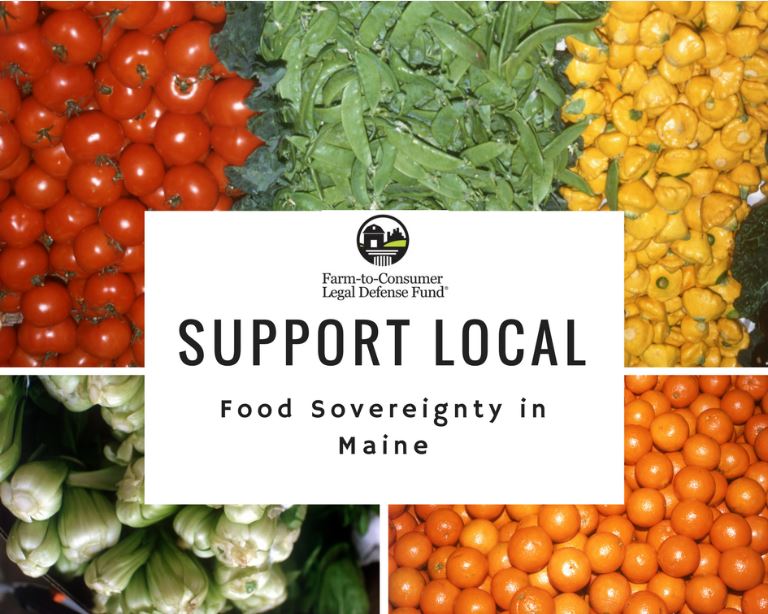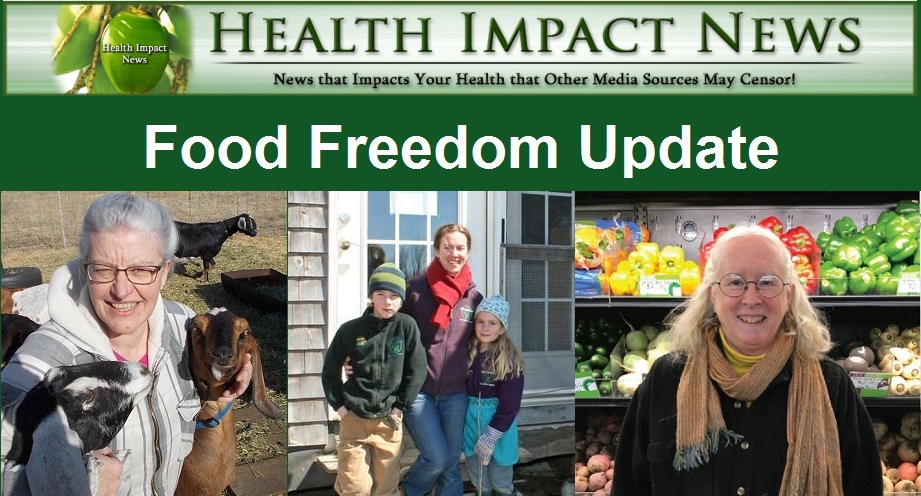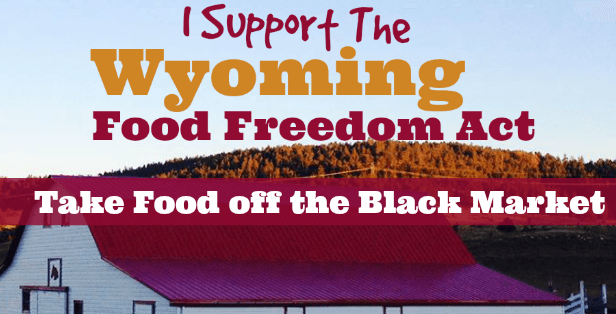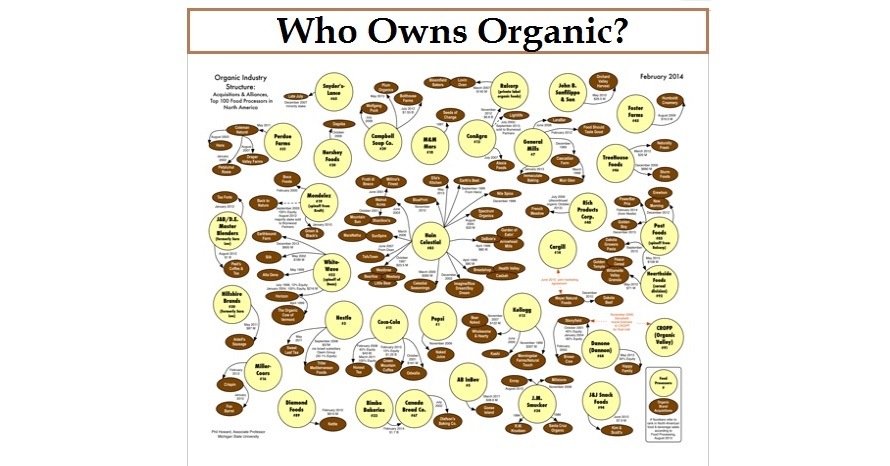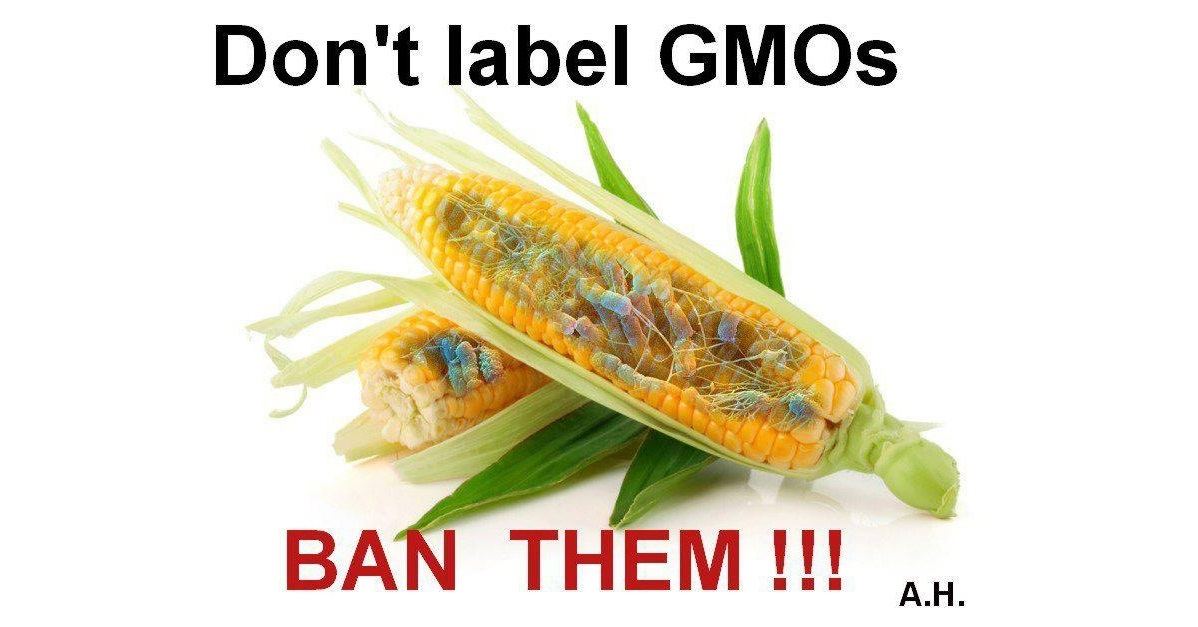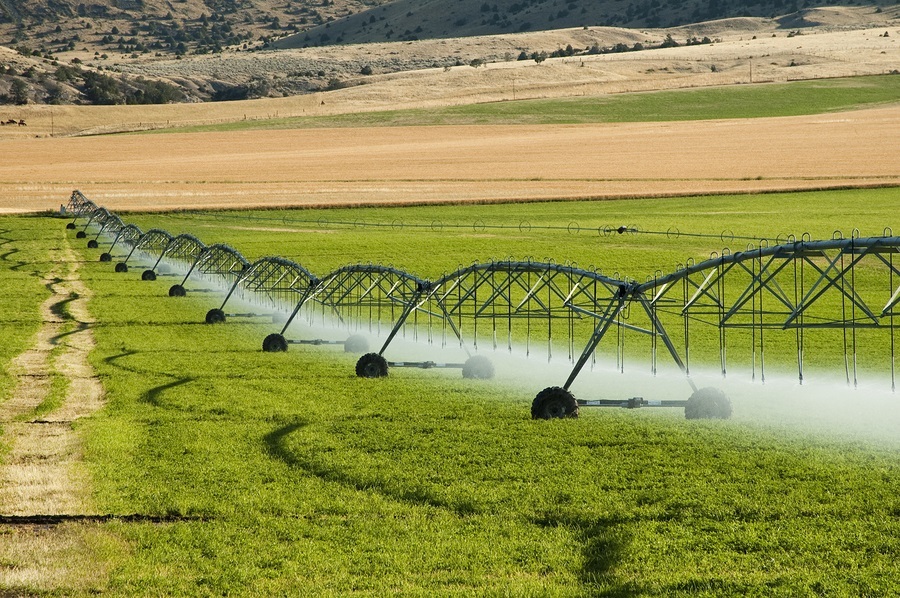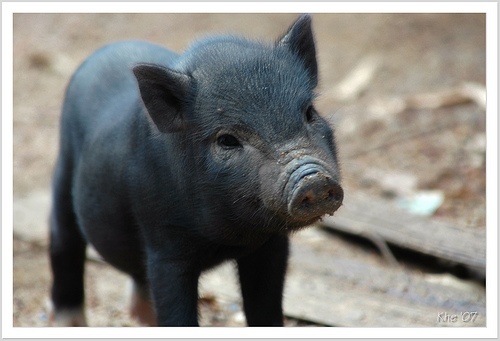Is Wyoming’s Food Freedom Act with Farm to Consumer Direct Sales a Model for Food Security for the Rest of the U.S.?
Earlier this week (April, 2020), U.S. Secretary of Agriculture, Sonny Perdue, appeared at the White House Coronavirus Task Force press conference to explain why the country is facing some food shortages, such as meats, in grocery stores, even though there is plenty of food in the country. The problem is the commodity-based food distribution system, which is experiencing bottle necks right now due to restaurants and other food establishments being shut down across the country due to the coronavirus restrictions. A significant portion of commodity-based food sales is processed, packaged, and distributed for businesses, and not for consumers who purchase food in stores and supermarkets. So with the decline in food sales to businesses, there has also been a corresponding demand for food in grocery stores from consumers who would normally be eating more at restaurants, schools, ball parks, and work places. There are a lot of businesses that get a piece of the pie that is our food system here in the U.S., controlling the flow of food from the farm to the consumer. When everything is going well, it is like a high-speed train going from one destination to another. And most of the food you see in your grocery store, or eat at institutions, is heavily subsidized by taxpayers as well, keeping food cheap, and not representing the true cost to produce that food. But when a crisis hits the nation, such as the current coronavirus pandemic, it just takes one section of the train to derail and cause the entire system to start failing, and potentially to completely derail. And the effects we are seeing today as a result of the nationwide lock downs, are really a small problem in the grand scheme of things when it comes to food distribution in this country. Just think of what the effects could potentially look like if, for example, transportation was disrupted due to energy disruptions, or communication was disrupted due to electrical grid issues, or telecommunication issues. This is mild in comparison to what might happen, for example, if the country found itself in a real war, and not a "war" on a virus, where an enemy could bring down the power grid, disrupt the Internet, etc. This should be a wake up call that our nation's food distribution system is incredibly vulnerable. Wyoming's Food Freedom Act, allowing local consumers to purchase food directly from farms in their community, might be a model that needs to now be put in place at the national level.





